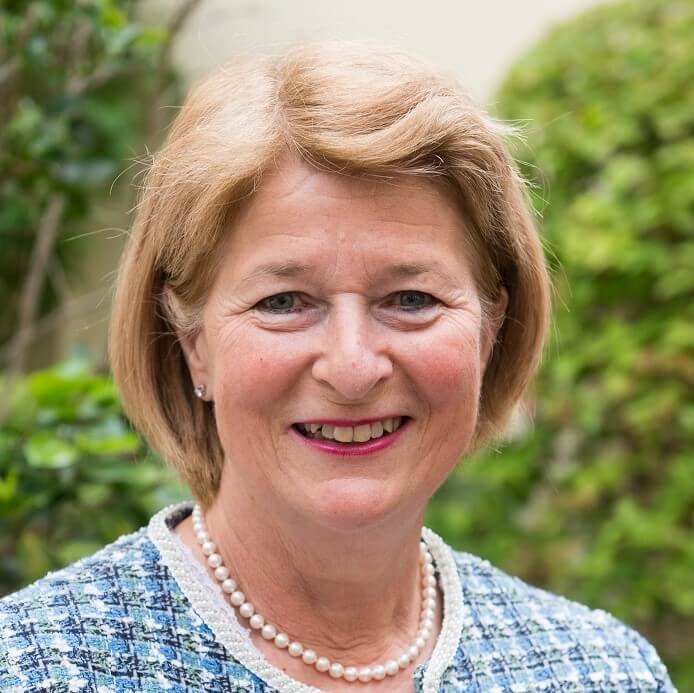
Free and responsible science is a global public good. This year has already posed new threats and challenges for scientists, as well as many new opportunities to realize the potential of science. As Chair of the ISC’s Committee for Freedom and Responsibility in Science (CFRS), I am delighted to introduce the first of our new Spotlight Series: a week-long series of online dialogues on the free and responsible practice of science in contemporary society. These series aim to highlight the important work of the Committee, ISC Members, and our international partners in upholding the Principle of Freedom and Responsibility in Science, and to spark discussion on the key issues facing global sciences systems today.
The mission of the International Science Council (ISC) is to act as the global voice for science. As part of that mission, the ISC defends the free and responsible practice of science, in accordance with the Council’s Principle of Freedom and Responsibility in Science, the UNESCO Recommendation on Science and Scientific Researchers, and international human rights instruments.
Freedom and responsibility in science are essential to advance our vision of science as a global public good. This is a vision with profound implications for the ways in which science is conducted, how it is used, and the roles it plays in society. Broadly defined, science has played vitally important roles in human history and will attain an even more important role in the 21st century. As such, researchers are key members of contemporary society.
Everybody has a role to play in protecting scientific freedoms, but different stakeholders have different responsibilities in this endeavour. Similarly, different stakeholders have different obligations for ensuring that the individual and collective responsibilities of scientific researchers are upheld. The international scientific community, governments, the public and private research institutions should each have a clear sense of these freedoms and responsibilities, and clear strategies to achieve the free and responsible practice of scientific research. It is our hope that the CFRS Spotlight Series will inspire and illuminate new ideas to advance the development of these strategies in the pursuit of an equitable, sustainable world.
In the light of ongoing conflicts around the world, one of the major priorities for contemporary scientific organizations is the provision of support for at-risk, displaced and refugee scientists. This week’s Spotlight Series will explore the impact of unfolding emergencies and protracted crises on the global scientific community and will highlight the various ways in which groups and individuals can combat these challenges. Read about the experiences of scientists affected by natural and humanitarian disasters and join us on Wednesday 20 April to celebrate the launch of the Science in Exile Declaration.

Join the declaration launch on 20 April 2022 at
13:00 – 15:00 CEST/11:00 – 13:00 UTC
The Declaration will be open for organizational signatures on 20 April, immediately following the launch webinar.
On behalf of the CFRS, I invite all Members of the ISC to sign and share this Declaration in solidarity with at-risk, displaced and refugee scientists around the world.

Anne Husebekk
Anne Husebekk is ISC Vice-President for Freedom and Responsibility in Science (2022 – 2024).
Read Anne’s full profile here.